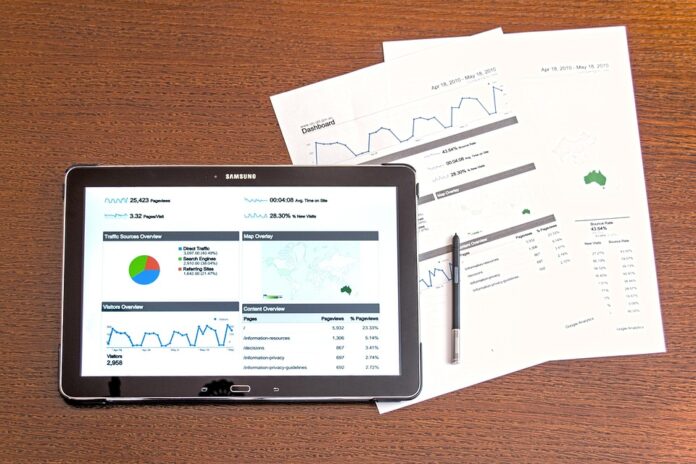As a freelancer or self-employed individual, securing a mortgage can be a daunting task. Traditional lenders often view self-employment as a higher risk, making it more challenging to qualify for a mortgage. However, with the right guidance and preparation, self-employed individuals can overcome these obstacles and achieve their dream of becoming homeowners. In this article, we will explore the world of self-employed mortgages, discussing the challenges, requirements, and strategies for securing a mortgage as a freelancer or self-employed individual.
Understanding the Challenges of Self-Employed Mortgages
Self-employed individuals face unique challenges when applying for a mortgage. Lenders often require a stable income and a predictable cash flow, which can be difficult for freelancers and self-employed individuals to demonstrate. Additionally, self-employed individuals may have variable income, which can make it harder to qualify for a mortgage. Lenders may also require more documentation and verification of income, which can be time-consuming and frustrating.
Meeting the Requirements for a Self-Employed Mortgage
To qualify for a self-employed mortgage, individuals typically need to meet certain requirements. These may include:
- Providing two to three years of financial statements and tax returns
- Demonstrating a stable income and cash flow
- HAVING a good credit score
- Making a significant down payment
- Having a solid business plan and financial projections
It’s essential for self-employed individuals to understand these requirements and prepare accordingly. Gathering all necessary documents and financial information in advance can help streamline the mortgage application process.
Strategies for Securing a Self-Employed Mortgage
While the requirements for a self-employed mortgage may seem daunting, there are strategies that can help. These include:
- Working with a mortgage broker who specializes in self-employed mortgages
- Shopping around for lenders who cater to self-employed individuals
- Considering alternative lenders or private mortgage options
- Building a strong credit profile and history
- Preparing a comprehensive business plan and financial projections
By implementing these strategies, self-employed individuals can increase their chances of securing a mortgage and achieving their dream of homeownership.
Alternative Lending Options for Self-Employed Individuals
Traditional lenders may not always be the best option for self-employed individuals. Alternative lenders, such as private mortgage companies or online lenders, may offer more flexible terms and requirements. These lenders may consider alternative forms of income verification, such as bank statements or asset-based income. Additionally, some lenders may offer mortgage products specifically designed for self-employed individuals, such as stated income loans or asset-based loans.
Building a Strong Credit Profile
A strong credit profile is essential for securing a mortgage, especially for self-employed individuals. Building a good credit history can help demonstrate to lenders that you are a responsible borrower. This can be achieved by:
- Making timely payments on debts and bills
- Keeping credit utilization low
- Monitoring credit reports for errors or inaccuracies
- Avoiding new credit inquiries and applications
By maintaining a strong credit profile, self-employed individuals can increase their chances of securing a mortgage and qualifying for better interest rates.
Preparing a Comprehensive Business Plan and Financial Projections
A well-prepared business plan and financial projections can help demonstrate to lenders that your business is stable and profitable. This can include:
- Income statements and balance sheets
- Cash flow projections and forecasts
- Business plans and marketing strategies
- Financial statements and tax returns
By preparing a comprehensive business plan and financial projections, self-employed individuals can demonstrate their ability to manage their finances and repay a mortgage.
Conclusion
Securing a mortgage as a self-employed individual can be challenging, but it’s not impossible. By understanding the requirements and challenges, meeting the necessary criteria, and implementing strategies to increase chances of approval, self-employed individuals can achieve their dream of homeownership. It’s essential to work with a mortgage broker who specializes in self-employed mortgages, build a strong credit profile, and prepare a comprehensive business plan and financial projections. With the right guidance and preparation, self-employed individuals can overcome the obstacles and secure a mortgage that meets their needs.
Frequently Asked Questions
- Q: Can I qualify for a mortgage if I’m self-employed?
A: Yes, self-employed individuals can qualify for a mortgage, but they may face unique challenges and requirements.
- Q: What documentation do I need to provide to qualify for a self-employed mortgage?
A: Self-employed individuals typically need to provide two to three years of financial statements and tax returns, as well as other documentation to verify income and cash flow.
- Q: Can I use alternative forms of income verification, such as bank statements?
A: Yes, some lenders may consider alternative forms of income verification, such as bank statements or asset-based income.
- Q: How can I improve my chances of securing a self-employed mortgage?
A: Self-employed individuals can improve their chances of securing a mortgage by building a strong credit profile, preparing a comprehensive business plan and financial projections, and working with a mortgage broker who specializes in self-employed mortgages.
- Q: Are there any specific mortgage products available for self-employed individuals?
A: Yes, some lenders offer mortgage products specifically designed for self-employed individuals, such as stated income loans or asset-based loans.


